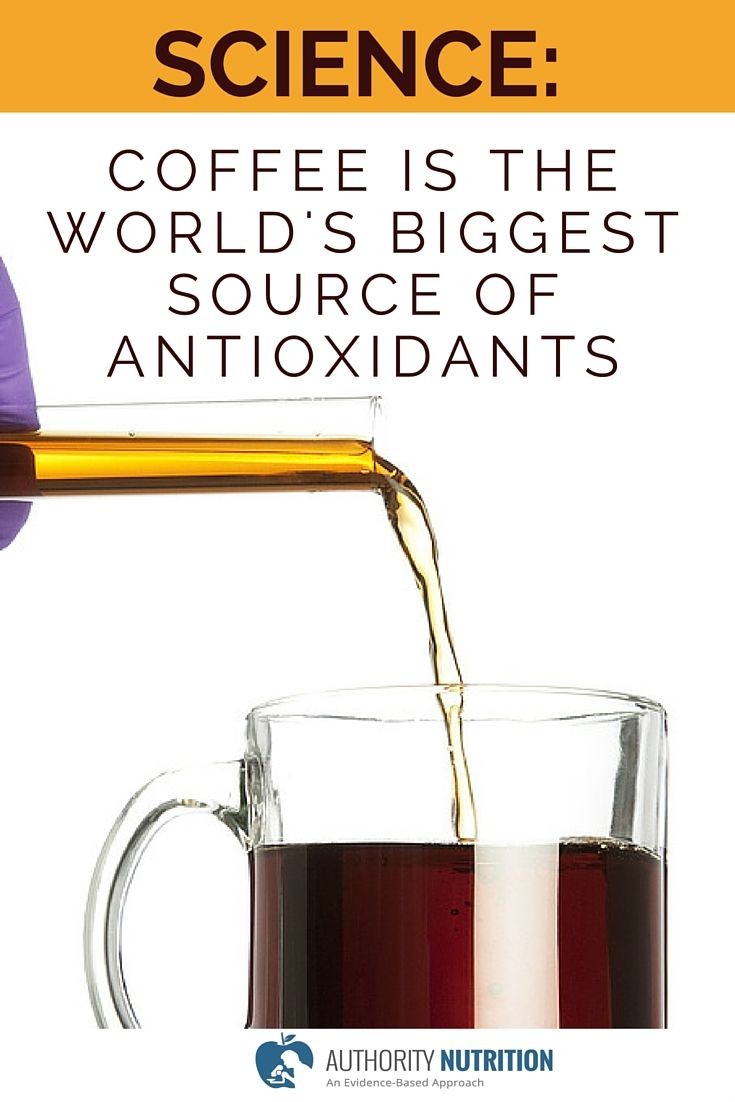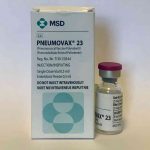
Contents
The Antioxidant Content and Benefits of Different Coffee Types
Coffee is a potent source of antioxidants in the American diet. Black Robusta coffee brewed with the Aeropress has the highest antioxidant content and may offer protection against cognitive decline and cancer.
Coffee remains a popular beverage worldwide, known for its many benefits. Beyond its reputation for providing a morning boost, coffee is packed with antioxidants that promote good health. This article explores how coffee antioxidants contribute to your well-being and identifies the coffee types with the highest antioxidant levels.
While fruits and vegetables are commonly recognized as antioxidant sources, research reveals that coffee possesses even higher antioxidant content in the American diet. Coffee contains not only caffeine but also other beneficial antioxidants, such as:
- Cafestol: Controls bile acid and reduces brain inflammation, primarily found in Robusta coffee beans.
- Trigonelline: Contributes to coffee’s aroma and offers antibacterial properties.
- Chlorogenic acid: Abundantly present in green and roasted coffee, it has antioxidant, anti-inflammatory, and antibacterial effects.
- Melanoidins: Responsible for coffee’s unique aroma and possess anti-inflammatory and antibacterial properties.
- Quinine: Contributes to coffee’s bitter taste and possesses antioxidant properties.
- Hydroxycinnamic acids: Exhibits strong antioxidant activity by neutralizing free radicals in the body.
Health Benefits of Antioxidants
Various compounds found in coffee beans, including chlorogenic acid, caffeic acid, melanoidins, and polyphenols, display antioxidant properties. However, the way coffee is prepared and consumed plays a crucial role. Some antioxidants are only present in lightly roasted or unroasted beans, while others are more abundant in medium and dark roasts.
Preventing Cognitive Decline: Drinking coffee has been linked to a reduced risk of Parkinson’s disease due to its impact on dopamine levels. Studies have shown that higher caffeine intake decreases the risk of developing Parkinson’s disease. Additionally, regular coffee consumption has been associated with a lower risk of Alzheimer’s disease later in life.
Potential Cancer Prevention: Coffee’s caffeine content has shown potent effects on cancer cells, and its polyphenols can hinder cancer cell growth. The stimulation of bile acid production and improved colon digestion contribute to protecting colon tissues against the harmful effects of carcinogens.
Coffee Types and Antioxidant Levels
The antioxidant levels in coffee depend on factors such as the brewing method, additives like milk or cream, and the coffee variety.
Black Coffee vs. Coffee with Cream: Adding milk to coffee reduces the absorption of polyphenols, limiting the potential heart health benefits.
Hot Brew vs. Cold Brew Coffee: While cold brew has gained popularity, hot brew coffee offers more antioxidants compared to cold brew. However, boiling coffee for extended periods can degrade vital nutrients.
Research also indicates that hot coffee contains higher levels of specific antioxidants, like caffeoylquinic acid, compared to cold brew.
Coffee Beans: Robusta coffee beans are richer in antioxidants compared to Arabica beans, especially in their unroasted or light-roasted form. However, darker roasts of Arabica beans also have higher antioxidant content than Robusta.
Brewing Method: The brewing method affects the antioxidant levels in your coffee. According to research, the Aeropress method preserves the most antioxidants. Different brewing techniques also impact the mineral content of the coffee.
The Best Coffee for Antioxidants
Coffee ranks 11th among foods in terms of polyphenol content, making it a significant source of antioxidants. However, it’s essential to note that no research definitively identifies the healthiest coffee. To maximize the health benefits, avoid adding sweeteners, choose medium or dark roasts, and opt for filtered coffee.
While coffee offers antioxidants, it should not be the sole source in your diet. It is crucial to consume a variety of antioxidant-rich foods, including fruits and vegetables, for optimal health.
Sources:
– Annals of Neurology: "Prospective study of caffeine consumption and risk of Parkinson’s disease in men and women."
– Antioxidants: "Antioxidant and Antiradical Activity of Coffee," "Coffee Infusions: Can They Be a Source of Microelements with Antioxidant Properties?"
– Coffee Science: "6 Antioxidants in Coffee You Probably Didn’t Know Existed."
– Critical Reviews in Food Science and Nutrition: "Addition of milk to coffee beverages; the effect on functional, nutritional, and sensorial properties."
– European Journal of Clinical Nutrition: "Identification of the 100 richest dietary sources of polyphenols: an application of the Phenol-Explorer database," "Prospective study of coffee consumption and risk of Parkinson’s disease."
– Foods: "Mineral Composition and Antioxidant Potential of Coffee Beverages Depending on the Brewing Method."
– Harvard T. H. Chan School of Public Health: "Coffee."
– Journal of Alzheimer’s Disease: "Caffeine as a protective factor in dementia and Alzheimer’s disease," "Caffeine exposure and the risk of Parkinson’s disease: a systematic review and meta-analysis of observational studies."
– Molecules: "Impact of Brewing Methods on Total Phenolic Content (TPC) in Various Types of Coffee."
– Northwestern University: "Hot coffee delivers more antioxidant benefits than cold brew, research finds."
– Phys.org: "Coffee is the number one source of antioxidants."
– Scientific Reports: "Acidity and Antioxidant Activity of Cold Brew Coffee."


